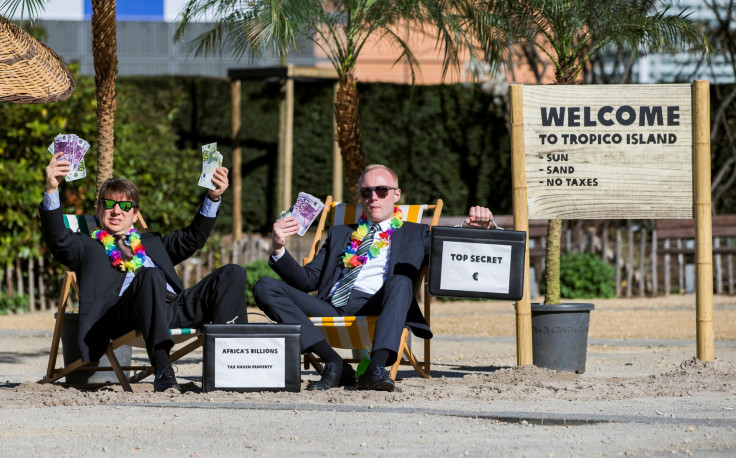UK’s Anti-Corruption Summit: Noble Intent, Half Measures?

UPDATE: 6:30 a.m. EDT — The United Kingdom's anti-corruption summit, hosted by Prime Minister David Cameron, is underway in London. Nigerian President Muhammadu Buhari used the opportunity, during the first session of the day, to call for the creation of mechanisms to prevent corruption in the oil sector, an industry Africa’s economy is heavily dependent on.
During a later session, Christine Lagarde, managing director of the International Monetary Fund, said she wants “transparency and integrity” to be a part of the organization’s country surveillance program. Meanwhile, the Netherlands announced its commitment to have a public register of the sort proposed by Cameron for the U.K.
Leaders from smaller jurisdictions, such as the Isle of Man and Cayman Islands, however, expressed displeasure at being burdened with an unfair share of the blame. Representatives from both places said bigger countries needed to take more responsibility by enacting laws that ensure transparency.
Original story:
Two days after United Kingdom’s Prime Minister David Cameron courted controversy when he was heard calling Nigeria and Afghanistan “possibly the two most corrupt countries in the world,” he is hosting an international anti-corruption summit Thursday that aims “to step up global action to expose, punish and drive out corruption in all walks of life.” The presidents of Afghanistan and Nigeria will both be attending the summit, but there will be no representatives from Panama — the eye of the storm that is Panama Papers — or the corruption-hit soccer association, FIFA.
The official announcement by the British government says the summit will bring “together a unique coalition of governments, businesses, civil society, law enforcement, sports committees and international organizations to step up global action to expose, punish and drive out corruption wherever it exists.”
Toward that goal, the U.K. is taking the lead by announcing a public register that will contain records on true ownership of property in the country, even if it is held by foreign companies. Cameron is also pushing other countries to take steps for similar action. Some countries, including Nigeria and Afghanistan, have already committed to do so.
Representatives from more than 50 countries from around the world — Colombia, Italy, Norway and the United States to name a few — and various British overseas territories will participate in the global push to punish corruption.
However, curiously, the summit will have no representation from Panama, a country that has been making headlines recently for the eponymous Panama Papers. No one from the British Virgin Islands — another jurisdiction currently surrounded by controversy of offshore tax structures — will be attending either. Representatives for both administrations said they were not invited to the summit.
Cameron’s name had also surfaced in connection with companies, held by his father, that were mentioned in the Panama Papers. The British prime minister admitted to profiting from the offshore fund, and made public some of his tax returns to address public concerns.
Another notable name missing from the invitation list is the global soccer organization, FIFA, which also has been embroiled in a corruption scandal.
Corruption is “a global problem [that] needs a truly global solution. It needs an unprecedented, courageous commitment from world leaders to stand united, to speak into the silence, and to demand change,” Cameron said ahead of the summit. “That is why I am hosting this summit. Today is just the start of a more coordinated, ambitious global effort to defeat corruption.”
The summit can be watched live here.
© Copyright IBTimes 2024. All rights reserved.





















